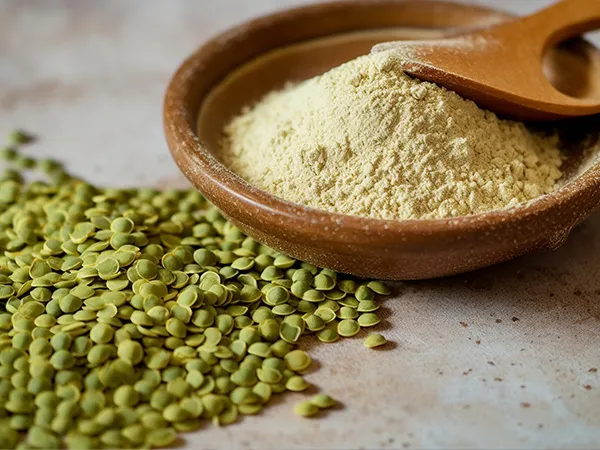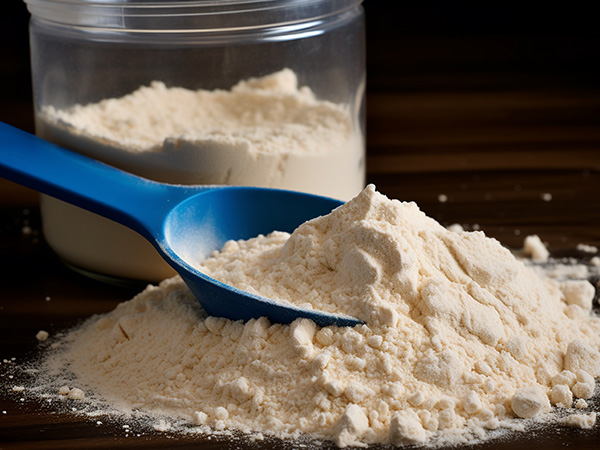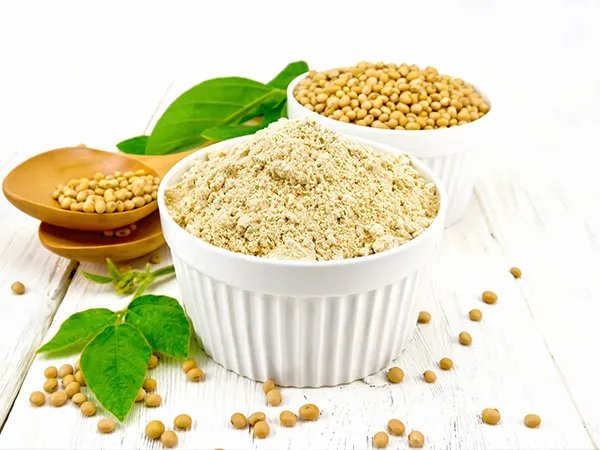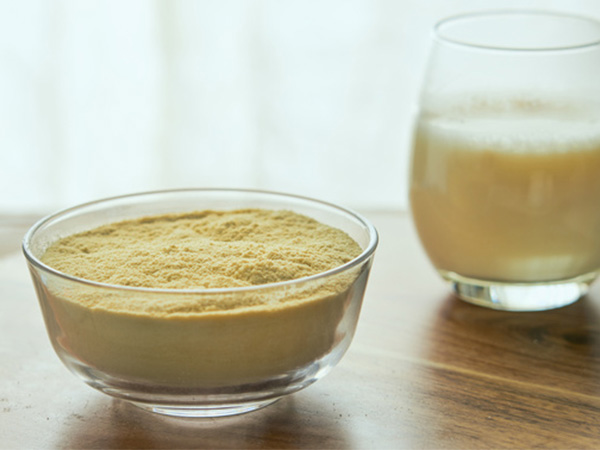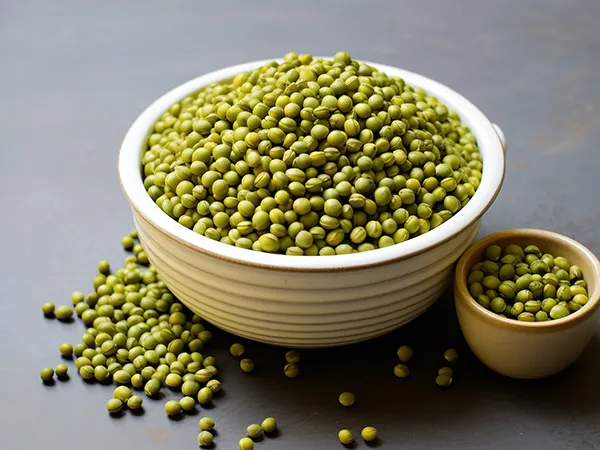The process of urbanization has led to the shrinkage of farming and animal husbandry, the acceleration of economic development, the increase in the total demand for protein intake, the spread of animal epidemics and the pressure of environmental protection organizations, and the scale of the meat substitute market will usher in rapid development. “Artificial meat” is a big concept, and it is the general term for four types of alternative proteins. Plant meat has been widely used in developed countries due to its low overall cost, strong safety, easy digestion, and small side effects on animal welfare and the environment. Or it will be the fastest-growing segment in the concept of artificial meat.
Artificial meat can reduce waste of resources and pollution to the environment. The livestock industry accounts for nearly 15% of the total global greenhouse gas emissions, more than the sum of emissions from all cars, trucks, planes, trains and ships, and is the most important source of greenhouse gases. If protein is obtained directly from plants instead, the animal farming process can be skipped, thereby mitigating the greenhouse effect. At the same time, artificial meat can save a lot of land, food and water resources consumed in animal husbandry.
Long-term consumption of ordinary meat will increase the risk of cancer and heart disease, and artificial meat can prevent the spread of animal diseases. The World Health Organization states that dietary factors, including consumption of certain meats, account for at least 30 percent of most cancers in developed countries. In 2015, the World Health Organization added processed meats, such as hot dogs, ham, bacon and sausage, to its first class of carcinogens. According to Beyond Meat’s official website, long-term consumption of ordinary meat can increase the risk of cancer by 16% and heart disease by 21%. In addition, animals and livestock are susceptible to various diseases, such as mad cow disease, swine flu, foot-and-mouth disease, bird flu, etc., which may pose health risks. Artificial meat can avoid the impact of animal diseases on the safety of humans and animals, and can also solve the impact of livestock use of drugs or antibiotics on the human body.
Artificial meat has the advantages of zero cholesterol, lower levels of saturated fat and a small amount of dietary fiber. Artificial meat contains a lot of protein and a small amount of saturated fat, and its natural advantage is that it has no cholesterol. With the improvement of living conditions, the obesity rate continues to rise, and the health problems caused by obesity have gradually attracted people’s attention. Due to the extremely low cholesterol content, artificial meat avoids the health risks caused by excessive consumption of meat. In addition, the nutritional content of artificial meat is controllable, and specific nutrients can be added according to the health needs of consumers to meet the new health needs brought about by consumption upgrades.
Pea protein is an emerging high-quality protein in recent years. It not only has high nutritional value, but also has the characteristics of low toxicity and low allergenicity. Separating and purifying yellow pea crude protein can obtain isolated protein with high protein content and less anti-nutritional factors. After enzymatic hydrolysis of yellow pea protein, yellow pea polypeptide composed of various polypeptide molecules can be obtained.
Yellow pea has a high protein content (85%) and contains 8 essential amino acids necessary for the human body. Yellow pea protein is a valuable protein source that has the potential to replace soy protein and improve the nutritional value of food.
Pea protein has good solubility and is easy for human body to absorb. Pea protein does not contain estrogen and is not a major allergen, so it is suitable for all kinds of people. Pea protein or its hydrolyzed peptides have important health effects, such as anti-oxidation, lowering blood pressure, anti-inflammation, lowering cholesterol and regulating intestinal flora.
Contact EPIC
Please fill in the form below.
Our experts will contact you within 6 hours to discuss your needs for machine and processes.
Factory Address:
NO. 369, Road S209, Huanxiu , Qingdao City, China
